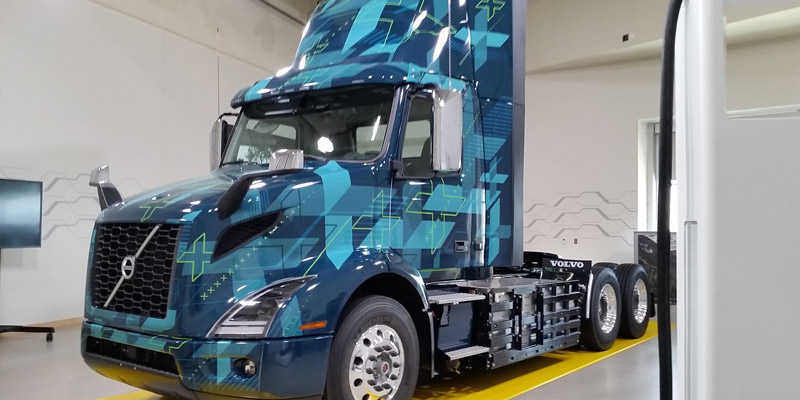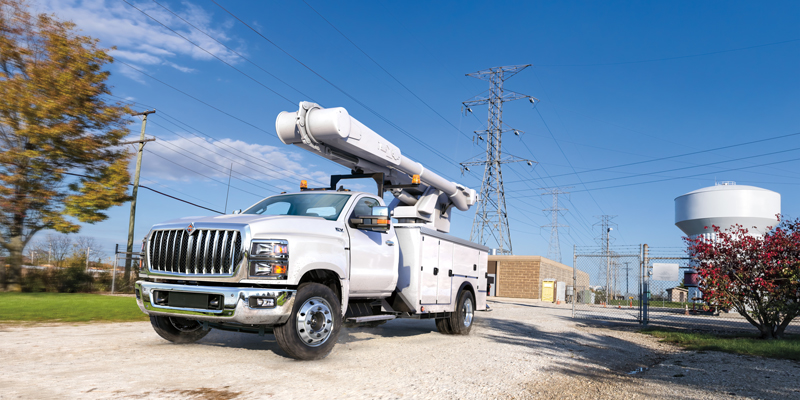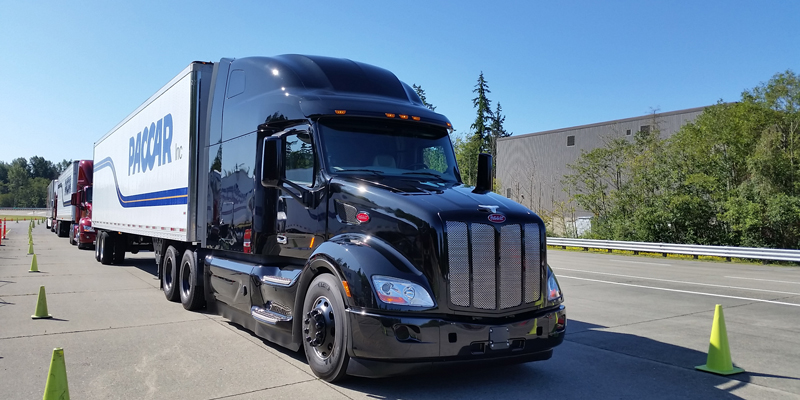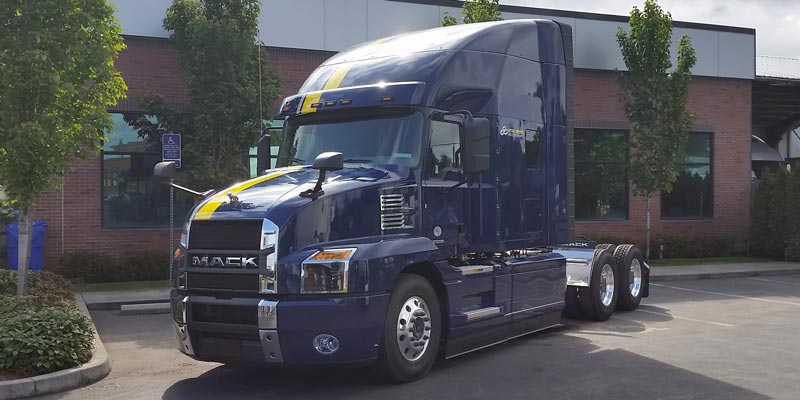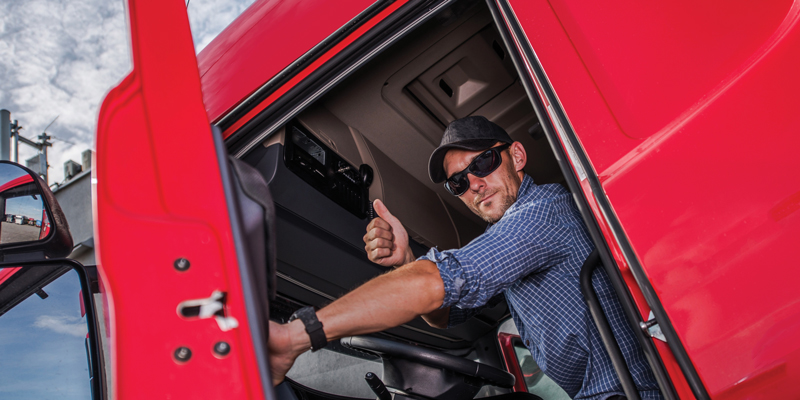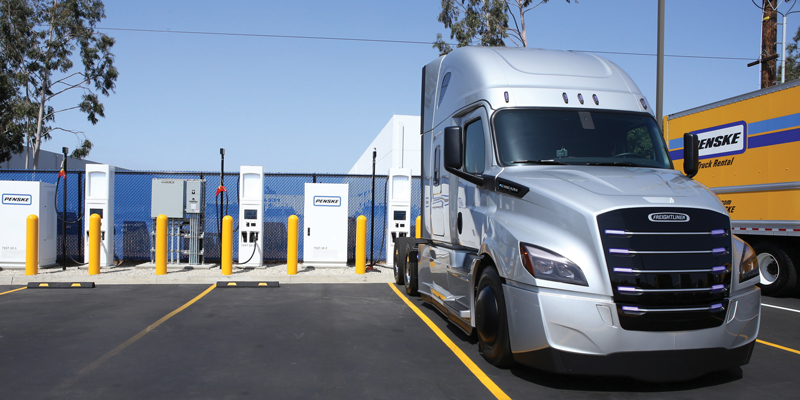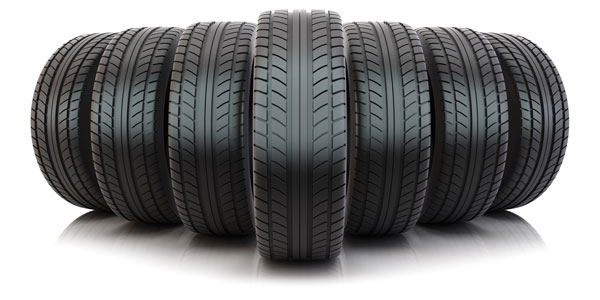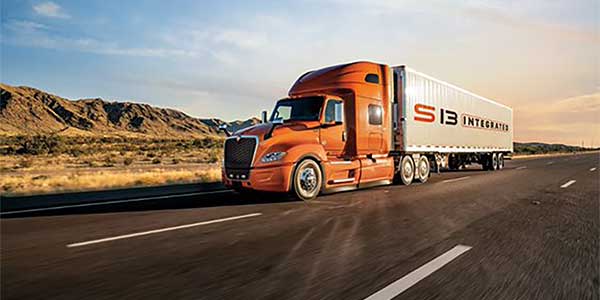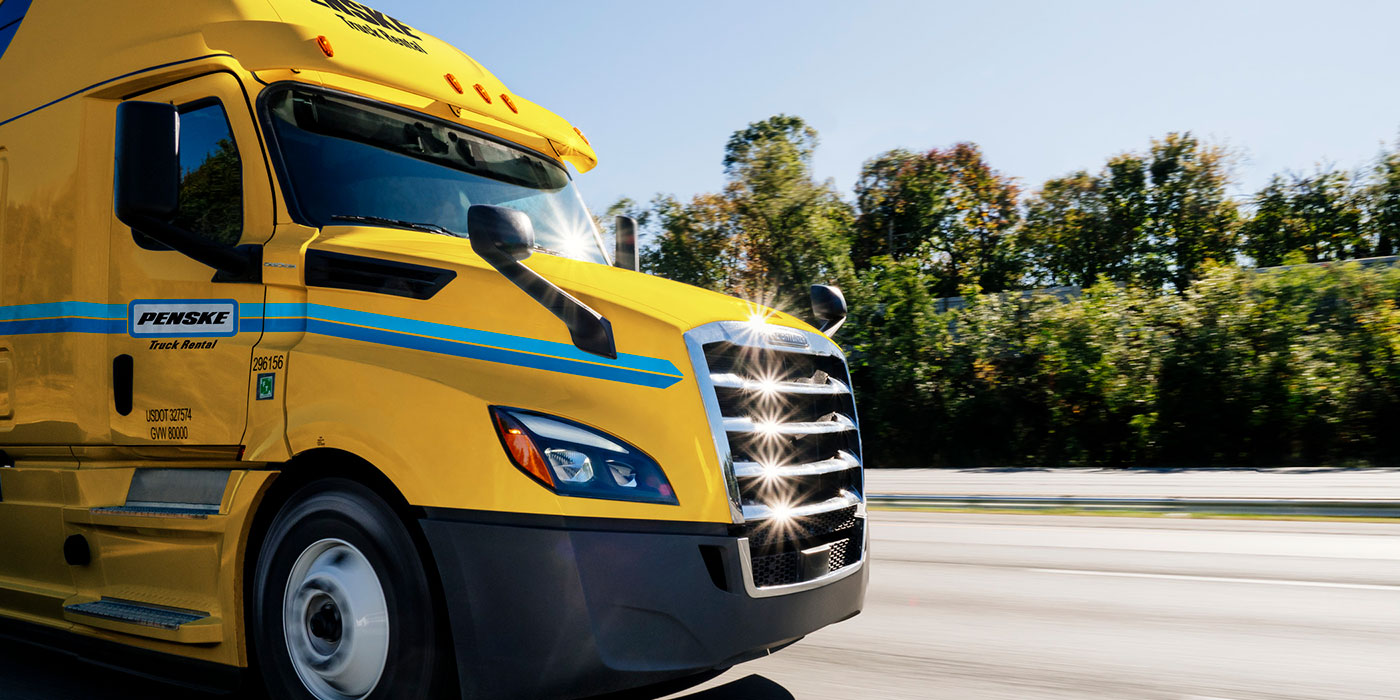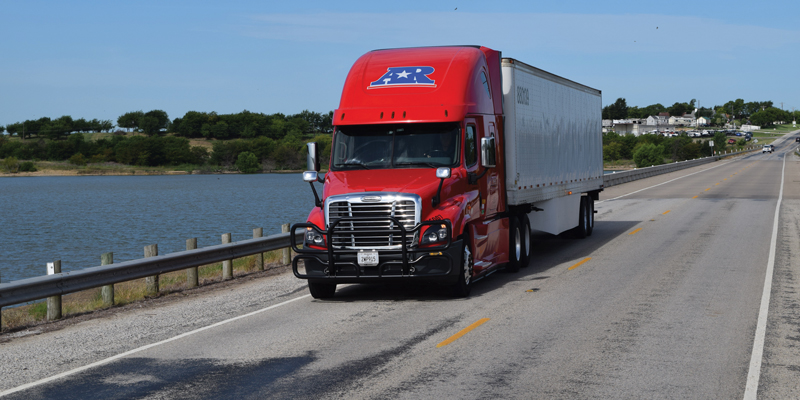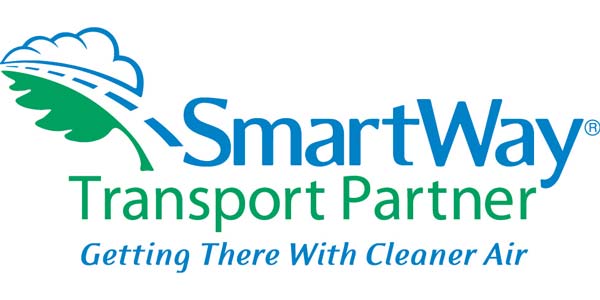C.R. England is an active SmartWay Partner, as well as the largest refrigerated carrier in the country. Because of both these titles, it is a fleet that is very interested in operating in the most fuel efficient manner possible. A SmartWay Partner since 2005, the fleet is family-owned and proud of its traditions of on-time, quality delivery and customer support.
Mitch England, director of fuel, said, “We knew that our goals as a company lined up with those of the Partnership when we first heard about SmartWay. It’s been a valuable resource for us. Since joining, we’ve strengthened our commitment to strategies that have improved our environmental performance, as well as our bottom line.”
C.R. England is a fleet that has a history of utilizing and innovating new technology to improve its operational efficiency and customer service. But new technologies often bring new challenges. For example, Todd England, executive vice president in charge of maintenance, described changes the new 2010 engines brought to the fleet. ”Many regulations have been implemented that have changed the complexity and appearance of the equipment we use. While some of these developments have reduced emissions or have helped increase our fuel economy, they oftentimes have a dramatic effect on our maintenance practices.”
The 2010 requirements added another level of complexity to his responsibilities, including the use of diesel exhaust fluid, or DEF, which helps reduce NOx when it is injected into the exhaust stream. The benefit is reduced emissions of the engine. It also allows these engines to run more efficiently increasing fuel economy by as much as 5%. The improvement, in C.R. England’s experience, is a net benefit of 2% to 3% after including the DEF. The downside, of course, is that it is now required to purchase and install DEF, which typically costs $2 to $3 a gallon in bulk, in addition to an increase of $8,000 to $10,000 for the system.
The fleet also is installing side skirts on all of its new trailers, a move that was required by California regulations. The items offer a 1% to 2% improvement in fuel economy, but come with the challenge of making sure the skirts are repaired and maintained, as they can be prone to damage, according to Todd England.
Being very active in refrigerated cartage, C.R. England also is very interested in fuel-efficient refrigeration. Corey England, a company executive vice president with responsibility for fuel, said the fleet routinely conducts tests on products described as offering fuel savings using standard TMC-SAE test procedures. He said, “We’ve done testing on the refrigerated side of our business to make sure that we are running the most efficient equipment. We look at utilizing new products that have the smart reefer technology. It’s important to validate that we’re running in modes that provide product safety and fuel economy—for example, to know that we’re not running in a continuous mode when the product allows for start-stop operation. That can only be done by using the technology available in new reefers.”
The fleet has recently introduced TempStack to its intermodal division. This is a technology providing the ability to double-stack 53-ft. temperature controlled containers on railroad flatcars. On average, each load converted to intermodal results in a 60% carbon footprint reduction and its resulting fuel savings. C.R. England has also incorporated Thermo King OptiSet temperature controls that allow it to run the refrigeration units on an as-needed basis while tightly controlling temperature—changes which save money, increase operational efficiency and offer excellent product safety for its shipper customers.
By the first quarter of 2011, C.R. England will expand its fleet to 300 containers.



